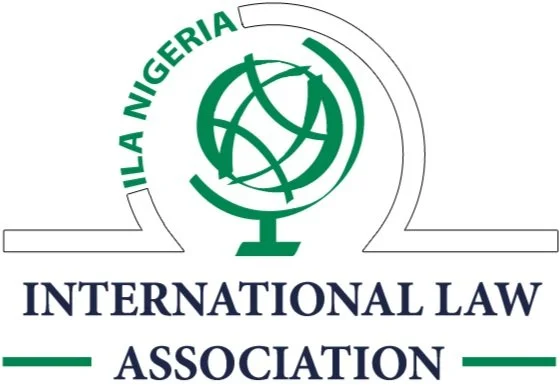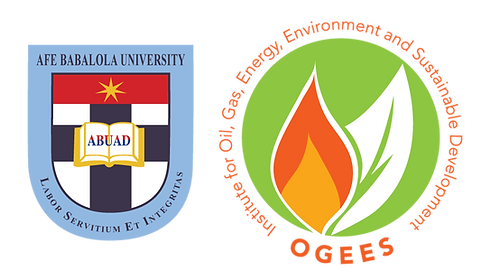Access to clean water, sanitation, and hygiene (WASH) is a fundamental human right and a critical aspect of sustainable development. Despite progress in recent years, unsustainable natural resources management practices constrain the quantity and quality of water resources in many host communities for the extractive sector. Many regions around the world, particularly those facing humanitarian crises and challenging contexts, also continue to struggle with inadequate WASH services. The shift from government to governance is particularly evident in the diversity of stakeholders and initiatives, from both States and non-state actors, for advancing policy changes, mobilizing communities, and implementing innovative solutions to address these challenges. In commemoration of World Toilet Day, an International Conference on Environmental Law and Governance for Sustainable Development will be held, focusing on the theme: "Ensuring Water, Sanitation, and Hygiene for All: Principles and Strategies for Accelerating Change"
sub-themes include:
Civil Society-Led Initiatives: Success Stories
Presentations and case studies showcasing successful WASH projects led by civil society organizations.
Lessons learned and best practices for effective community engagement and behavior change.
Policy Advocacy and Legal Frameworks
Panel discussion on leveraging environmental law and governance to drive sustainable WASH solutions.
The role of civil society in advocating for policy changes and holding governments accountable.
Innovations in the Sanitation Sector
Showcasing innovative tools and digital technologies transforming the sanitation sector.
Exploring the potential of citizen data and participatory approaches in monitoring and evaluating WASH initiatives.
Financing for Sustainable WASH Solutions
Discussing financial mechanisms and partnerships to secure sustainable funding for WASH projects.
Highlighting successful funding models employed by civil society organizations.
Strengthening Partnerships: Collaboration for Impact
Panel discussion on fostering effective partnerships between civil society, governments, private sector, and academia.
Identifying opportunities for collaboration and coordination in the WASH sector.
SPECIAL GUESTS, SPEAKERS, AND PANELISTS
Pres. Olusegun Obasanjo
Former President of Nigeria
Special Guest of Honour
Prof. Damilola
Olawuyi
President, International Law Association, Nigeria Branch
Chair
Dr. Babatope Babalobi
Team Leader/Water Sector Reform Expert, Nigeria
Speaker
Dr. Pedi Obani
Associate Professor, School of Law, University of Bradford, UK
Speaker
Hajara Baba Yaro
Student, Homaj International Secondary School, Nigeria
Panelist
Animashaun Tobi Ridwan
Student, Bell University, Nigeria
Panelist
Prof. Olarinde E. Smaranda
Ag. Vice Chancellor, Afe Babalola University, Nigeria
Special Guest
Dr. Jane Bevan
Chief Water Sanitation and Hygiene (WASH), UNICEF Nigeria
Speaker
Prof. Engobo Emeseh
Head of School of Law, University of Bradford, UK
Chair
Prof. Omoniyi Akinola
Law Professor, Redeemer's University, Ede, Osun State, Nigeria
Panelist
Emmanuel Akin-Ademola
Student, Adekunle Ajasin University, Nigeria
Panelist
Senator Lanre Tejuoso
Medical Practitioner & Pro - Chancellor University of Lagos, Nigeria
Speaker
Dr. Igwe Nicholas
MD/CEO, Zenith Water Projects Ltd, & National Coordinator, OPS-WASH, Nigeria
Panelist
Nyananso
Ekanem
Managing Consultant Weircapacity Ltd, Nigeria
Panelist
Ololade Oloniyo
Partner Starfield LP, Nigeria
Panelist
Akinbode Atinuke Victoria
Student, Chrisland University, Nigeria
Panelist
























